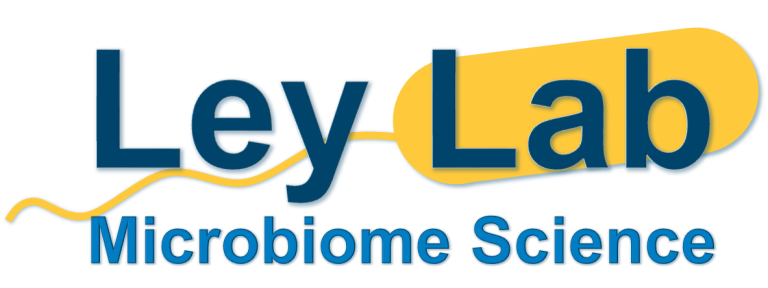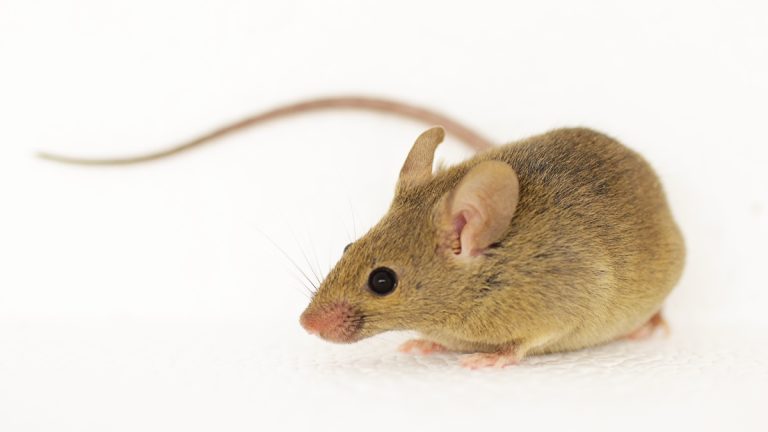Passing Traits Without Genes: How the Gut Microbiome Transfers Behavior
Microbes can evolve faster than their hosts. We show that selecting only the microbiome, while keeping host genes fixed, can alter mouse behavior across generations. Microbes and their metabolites thus act as agents of adaptation, transmitting traits independently of host DNA.
We report an empirical test of this concept here: Suzuki, T.A., Tanja, AS., Waters, J.L. et al. Selection and transmission of the gut microbiome alone can shift mammalian behavior. Nat Commun 16, 9482 (2025). https://doi.org/10.1038/s41467-025-65368-w
Our new research suggests that the trillions of microbes living inside animals can, on their own, drive changes in behaviour over time.
The microbiome, the community of microorganisms living in and on us, plays critical roles in development, metabolism, immunity, and even behavior. When we selectively breed animals for traits such as body size, milk production, or temperament, we are not only selecting their genes but also the microbiomes that come along for the ride.
Similarly, human populations adapting to new environments, whether colder climates, new diets, or emerging diseases, have undergone natural selection acting on both their genomes and their gut microbes. Yet traditional evolutionary theory has focused on host genes, assuming that changes in traits arise from changes in host genome.
But what if adaptive trait changes could work through microbes too? When animals adapt to new environments or are domesticated, both the host genome and the microbiome change. Because these two are so tightly linked, it has been nearly impossible to separate the contributions of host genetics and microbial influence to adaptive trait change.
In our new study, we developed a way to overcome this challenge. Using genetically identical mice raised without any microbes (so-called germ-free mice), we conducted a series of fecal transplants, selectively transferring only the microbiome over time while keeping the host genome constant. Our goal was to ask: Can we select for a behavioural trait purely through the microbiome transmission?
Passing behavior through microbes
We began with a group of germ-free mice and introduced a microbiome from an individual mouse that showed high activity. In one group, the “selection” line, we took feces from the least active recipient mice and transferred their microbiome into a new set of germ-free mice. In another group, the “control” line, we transferred microbiomes at random, regardless of behaviour.
We repeated this process four times across four replicate lines, effectively creating a “microbiome-only” selection experiment. Every mouse in this experiment was genetically identical, differing only in the microbes they carried.
The results were striking. Over time, mice in the selection lines became less active than those in the control lines. This suggests that the microbiome itself was capable of transmitting and amplifying behavioural differences over time, without any change in the host genome.
When we analyzed the microbiome composition, one genus stood out: Lactobacillus. These bacteria and their metabolic byproducts, called indolelactic acid, were enriched in the selection lines and independently reduced activity levels in follow-up experiments.
Microbes as agents of adaptation
These findings have major implications for both evolutionary biology and biomedical research.
From an evolutionary perspective, this is evidence for microbiome-mediated adaptive plasticity—the ability of microbes to shape host traits in ways that could accelerate adaptation. In other words, animals (and humans) may not always need genetic mutations to adapt to new environments. Instead, changes in their microbial partners could rapidly alter behavior or physiology, potentially setting the stage for longer-term evolutionary change.
And if the microbes conferring selectable traits are passed from parents to offspring, the implication is that they are epigenetic factors that act like genes.
Read more about the story behind this paper here.


